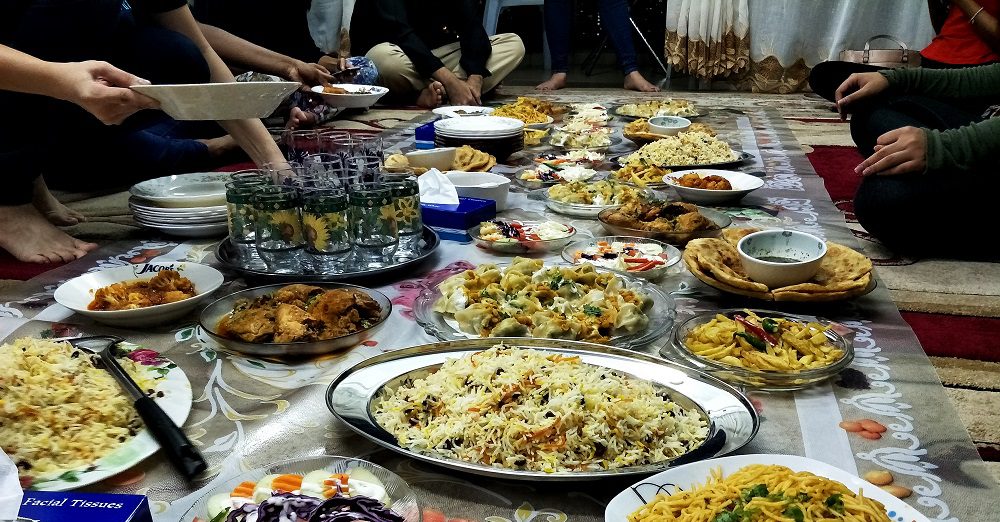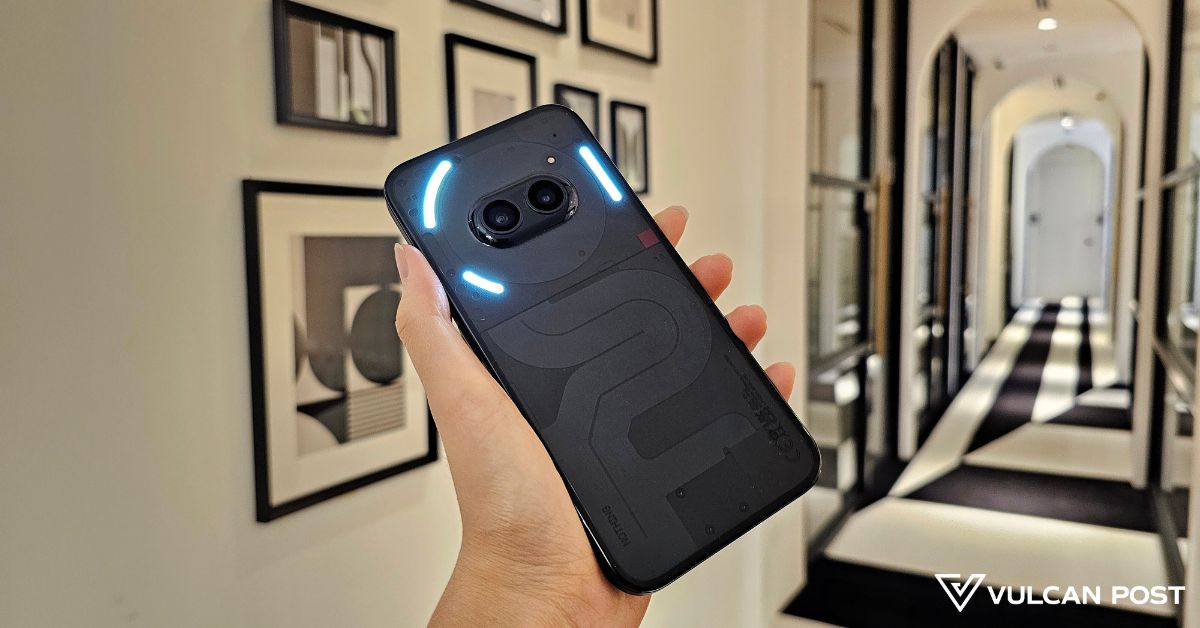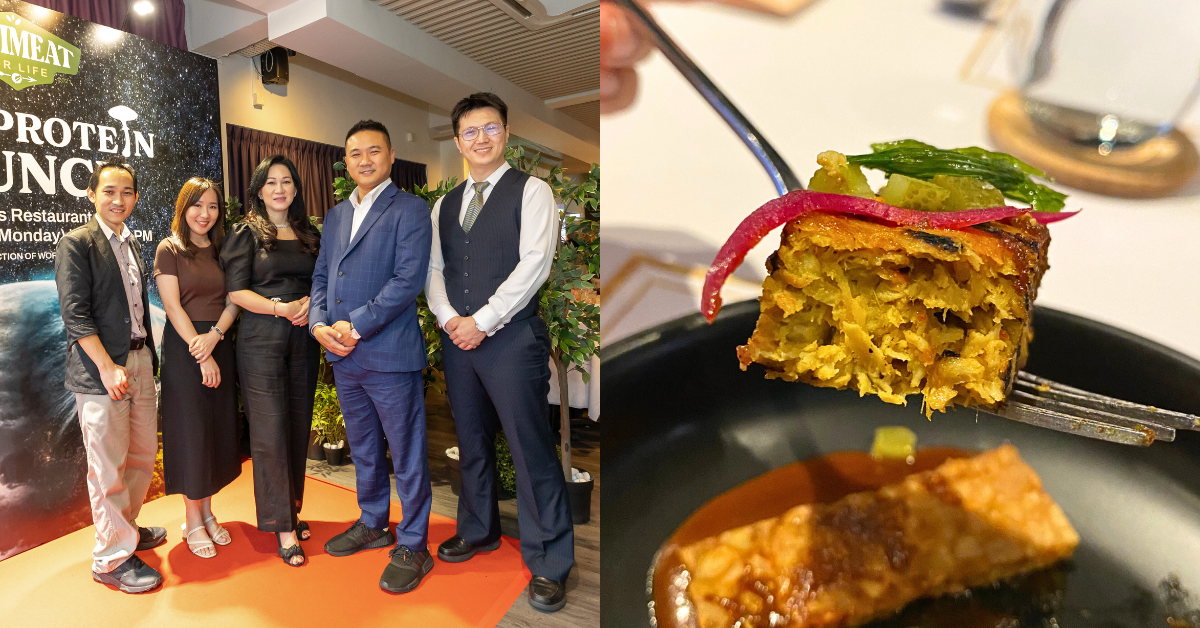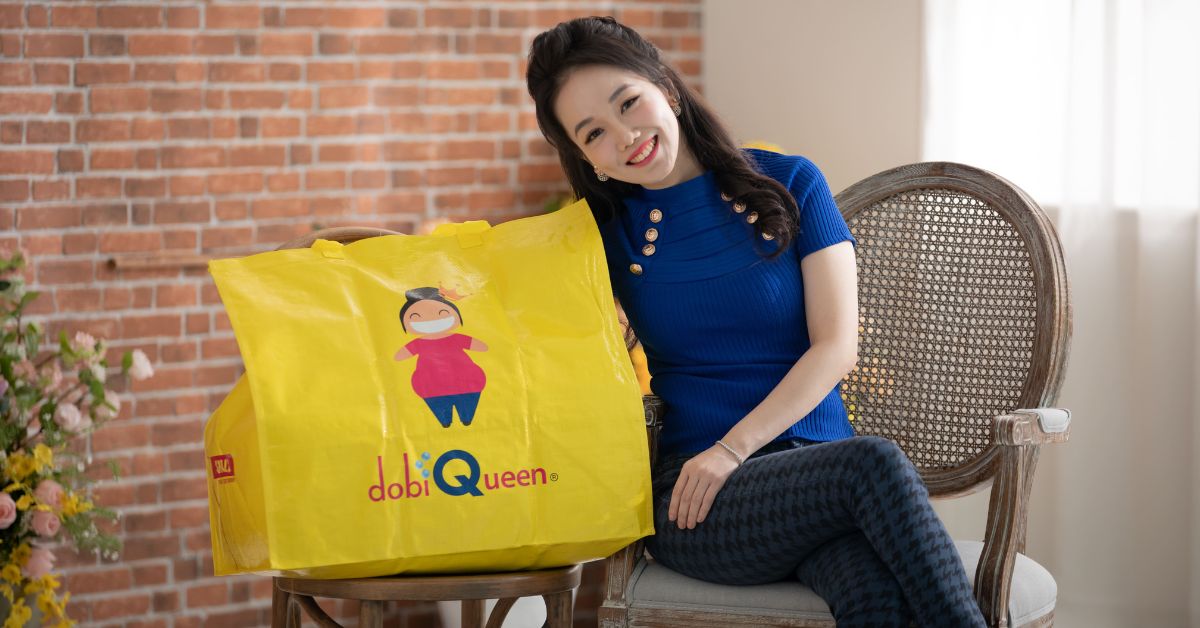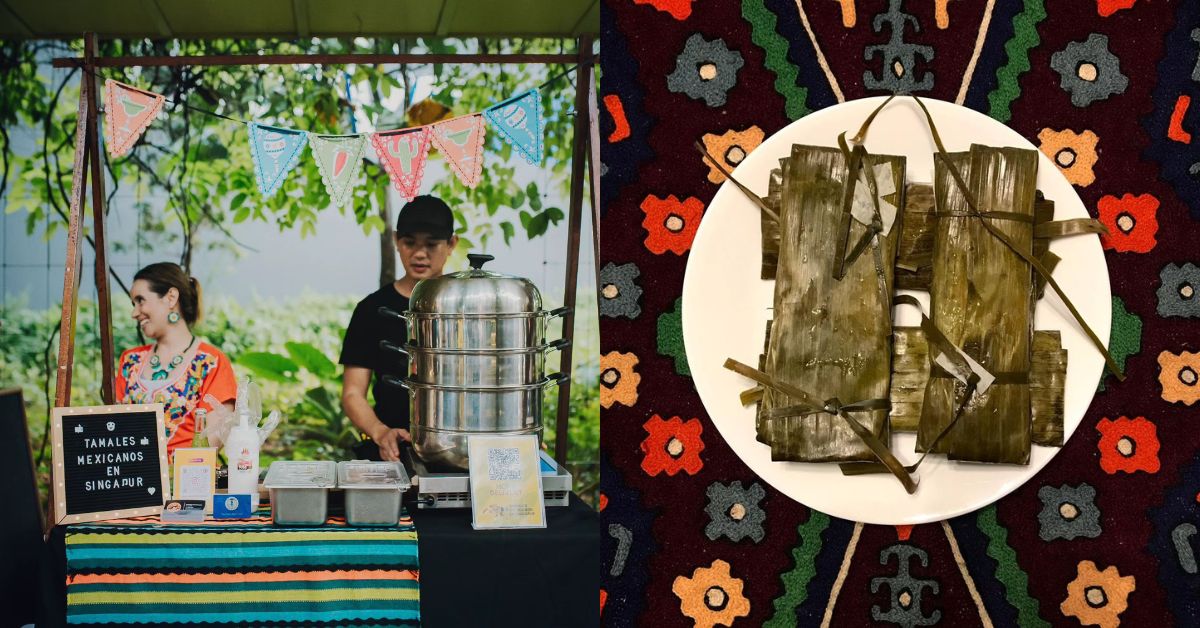The term refugee itself carries a burden that we can’t even begin to imagine.
People often underestimate the heavy pain that comes with being dubbed a refugee. Not many of us would willingly leave their home country unless circumstances and better opportunities called for it. But refugees were given no choice; they were stripped of freedom and backed into a corner where survival was the only thing that mattered.
According to UNHCR, there are about 150,845 refugees and asylum-seekers registered under them in Malaysia as of the end of March 2017. Those are merely the registered numbers; the estimated population for the unregistered totals up to about 200,000. Out of that, 35,941 are said to be children below the age of 18.
We were invited by Picha Project, a local social enterprise that empowers refugees in Malaysia through a sustainable food catering and delivery business, to join in on a dinner session served by an Afghan family to get more insight into the refugee situation in our country.
Safe to say, we left that night with more than just a belly full of good food.
The Feast

We were invited inside the humble abode of the Afghan family and would encountered a banquet fit for 2 whole families. And we were told these were just going to be the appetisers.
Suzanne, the co-founder of Picha Project, told us a little bit about our hosts for the night and about their home. The unit housed a family of 6 which included Sara, our chef for the night, with her 2 parents, her husband and her 2 young children.
Sara is considered one of the more privileged ones as the apartment is usually shared between 3 to 4 families.
We made our way to the dining area where we were seated in the customary Arab Saudi tradition and a line of delicious looking dishes greeted us.

Sara mentioned that she primarily learned cooking from her mother and mother-in-law and had sharpened her culinary skills from a young age. Most of the dishes that night were Afghan in origin, though Sara said she also knew how to make other Arabian cuisine such as Iranian and Pakistani dishes.
Aside from 3 Afghan families, Picha Project has 7 other families under their service. They range from a variety of countries such as Syria and Myanmar, but they share the common theme of being refugees trying to survive in Malaysia.
Picha Project practises a business model where 50% of the profit goes to the families to cover their raw ingredients and cooking manpower. The other 50% goes back to Picha Project where they cover everything that doesn’t fall under the family’s responsibility such as logistics.
The team makes sure all 10 families are given a fair chance where they monitor the number of orders received and distributes them equally to all.
The Life Back Home
As our tummies were full and satisfied, we turned to Sara who began to share a little bit about her life before she got to where she is now. Prior to coming to Malaysia, Sara was a professional nurse while her husband worked as a tailor.
“Since the beginning, I’m always a refugee. I didn’t spend a long time in Afghanistan, I fled to Iran, Pakistan and others to survive,” began Sara.
She highlighted that people seem to forget how confused refugees can be wherever they are. They’re often stuck in a limbo where people spend more time pointing fingers at one another and righteously preaching their beliefs whilst the they are left in the crosshair of disaster.
“We don’t know who kills, we know who dies from exploding bombs. We don’t know who set them or what their purpose is and there’s not much we can do to fight back,” said Sara.
Looking solemnly around, Sara shared her personal feelings of having her country be swarmed by others when she felt like they would’ve been fine otherwise.
“For my country, we didn’t need much support from outside. We had oil which is the best in Arab Saudia and the diamonds. We had a lot but what we didn’t have was a good government that could control this while putting the people first,” said Sara.
From her eyes, she saw no worth staying in her country when all the good people such as doctors, teachers and leaders who wanted to help were dying left and right. The young students who were bright enough to hopefully bring a change were stripped from any choice of blooming simply because they were born in an unfortunate situation.
“I left my country alone… I think of our country as our mother. Everyone love their mothers and would want to live with them forever but we had no choice. If we wanted to stay alive for our children, we had to leave,” said Sara.
When asked how they left, Sara explained that there are agents in Afghanistan who will send you to certain countries for a sum of money.
“For my whole family, it cost us USD25,000 for relocation and an additional USD4,000 to get us here. We only had 24 hours to pay. That’s why when we came, we had no money left,” shared Sara.
After arriving and having no expenses, Sara and family walked around KLCC because they had no home and her babies were crying for food. Fortunately, they were able to meet good people who helped provide temporary shelter for them, and they could work on starting their new lives here.
“For awhile, my family and I stayed in the balcony. The rain and sun made it difficult sometimes but it was our new home,” said Sara.
Since refugees were not permitted to work, things got difficult. Even after a few months, they couldn’t register with UNHCR as refugees as the appointment could take up to 2 years. Sara shared that she knew a family who has been waiting up to 15 years already.
“Some families take 6 to 7 years. I’m going to 4 years already but my position is still the same. No development since I arrived,” confessed Sara.
But through her efforts for survival, she didn’t forget the sufferings of her people back home. Sara has helped build a school in Afghanistan because she feels all children need education no matter what.
“Refugees are different compared to foreigners. Refugees come with only the clothes on their body while foreigners have the choice to come for business and money. I hope that normal families living in a more privileged situation can help the unfortunate ones if they can,” said Sara.
Picha Project’s Goal
That is what Picha Project strives for.
Slowly but surely, more corporates have been gaining interest in helping refugees as much as possible. Suzanne had mentioned that some big companies had personally approached Picha Project for collaborations in terms of incorporating this refugee food service into their CSR campaigns.
Picha Project has also pivoted from their initial concept of providing catering even for small orders such as below 5 pax to now having a minimum of 10 pax. According to Suzanne, this decision was made after getting feedback from the families as well as discussion on their side.
The team believes that refugees have many skillsets; the role now is to help them monetise from it.
“We’ve been working closely with refugee families for about a year and we’ve heard so many stories. It may be different but they all come from genuine need. They’re not here to earn money for lavish reasons, it’s a real need,” said Suzanne after the dinner.
She goes on to implore that Malaysians need not quit jobs or create big events to support this cause as even small gestures are enough.
“We believe now that if people from the ground make enough noise, the impact on the refugees will go up. We need to start at the community for it to go to the policy makers. We’re not sure if it would work but this is where we’ve decided to put our efforts into,” said Suzanne.

